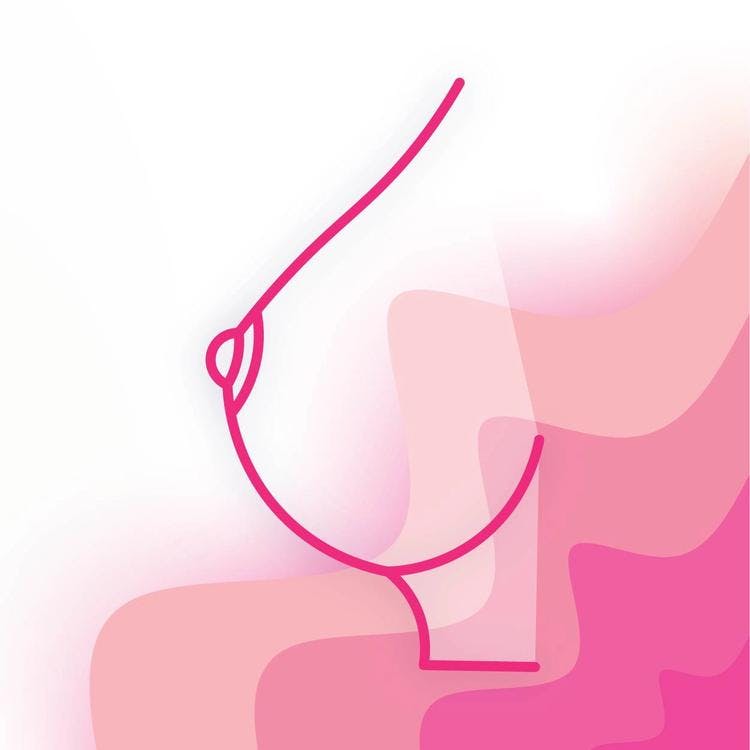What is Breast Cancer?
Breast cancer is the abnormal growth and uncontrolled division of cells in the breast. These cells can spread to surrounding normal breast tissue and can move to other parts of the body.
Risk factors
Certain factors indicate that you are at an increased risk of developing breast cancer. These include:
- History of breast cancer in the family
- Alcohol and tobacco use
- Obesity
- Women who have never had children, or only have them after 30 years of age
- Old age
These factors increase your risk, and do not necessarily mean you will have the disease.
Warning signs
- Wrinkling of the skin of the breast
- Lump in the breast or armpit
- Change in the skin around the nipple or nipple discharge
- Dimpling of the nipple or nipple retraction
- An unusual increase or decrease in the size of the breast
- One breast unusually lower than the other with nipples at different levels
- Unusual swelling or in the armpit or area around the shoulder
Treatment
Treatment varies based on the severity of the cancer. Breast conserving surgery can be performed in which the tumour and a small amount of normal tissue surrounding the cancer is removed. Removal of the entire breast is called a mastectomy and is another common surgical option.
- Radiation is used after the cancer has been removed to destroy or shrink remaining breast cancer cells.
- Chemotherapy is a chemical treatment used to kill cancerous cells.
- Hormone therapy is used to slow down the growth of breast cancer cells.
Prevention and management
- Do monthly breast self-examinations on yourself. Learn how to examine your breasts using the additional resources.
- Go for regular screening (breast examinations at the clinic).
- Symptom-free women ages 40 to 54 should go for a mammogram (a special x-ray to detect lumps in the breast) every year.
- Women 55 years and older can go for tests every 2 years.
What can happen without treatment
- Spread to the lungs which can lead to shortness of breath, cough, chest pain
- Spread to the spinal cord (Spinal cord compression) that can result in persistent neck or back pain or decreased power and strength of your legs
- Spread to the liver causing nausea and jaundice
- Headaches and seizures
- Increased urination, excessive thirst, dehydration, vomiting and constipation



